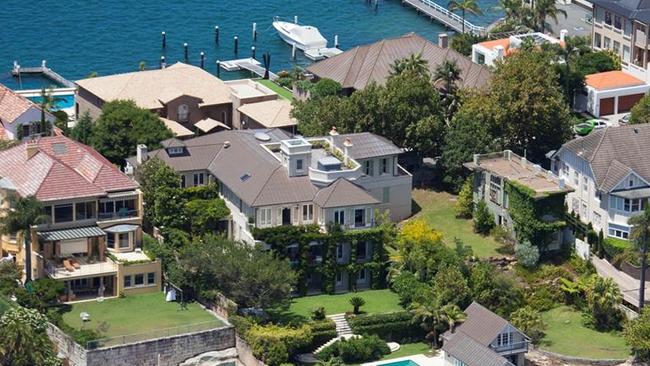The OECD has warned Australia’s housing market could collapse
THE world’s leading authority on the economy says Australia’s inflated housing market may be headed for a shock - and says we must stop doing one thing.

A LEADING authority on the world economy has warned that Australia’s inflated housing market is at risk of a “sharp correction”.
While the Organisation for Economic Cooperation and Development, was forecasting a three per cent growth in our economy next year, thanks to a rise in investment in the non-mining sector and exports, it feared the strength of the country’s property market could result in a “sharp correction” in house prices.
In a report released in Paris on Wednesday, the OECD said if commodity prices continued to fall, it would affect overall revenue and the cutbacks in production could become “substantial”.
Because of this it was advising the Reserve Bank of Australia to not cut interest rates further, given the uncertainties of the outlook.
It also pointed out the May budget did not address the larger-than-expect deficit results and advised fiscal policy should continue to provide support.
“This approach is appropriate given weakening revenues and macroeconomic outcomes in the wake of the commodity price falls,” the Paris-based institution said.
However Treasurer Joe Hockey insisted increasing residential construction was the best way to respond to concerns about a housing bubble.
“You’ve go to get the stock up,” he told ABC radio on Thursday, citing figures showing an 18 per cent increase in the number of construction starts in 2014.
Mr Hockey also dismissed talk about a housing bubble in Sydney and Melbourne, saying the global experience was that only happened when supply exceeded demand and that was not the case in Australia.
“It’s not inflated demand, we’ve got very low vacancy rates in places like Sydney,” Mr Hockey is reported as saying in Fairfax. “We have put in a much stricter regime in real estate for foreign investment.”
“If you look at what happens around the world, bubbles burst in real estate where there is too much supply. We are a very long way from that in Australia.”
The treasurer said high prices existed “mostly in Sydney, and parts of Melbourne” while in Western Australia, houses prices were coming off.
The OECD calls for further tax reform, cuts to red tape and competition-boosting measures.
It said there should be less reliance on personal and corporate income taxes and increased use of the GST and the introduction of a land tax.



